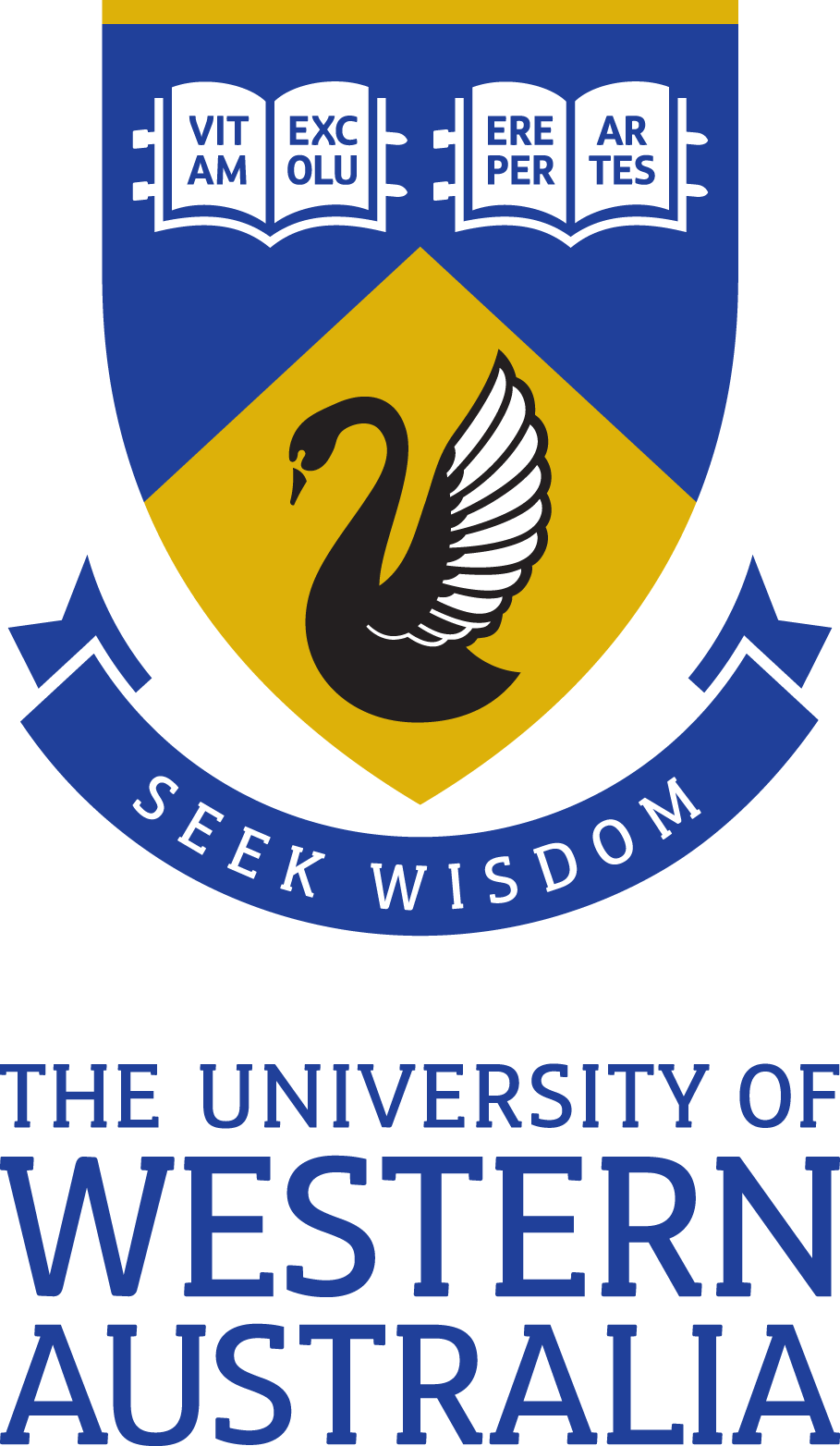Full description
Extensive research has investigated the relationship between the social environment and cognition, suggesting that social complexity may drive cognitive evolution and development. However, evidence for this relationship remains equivocal. Group size is often used as a measure of social complexity, but this may not capture intraspecific variation in social interactions. Social network analysis can provide insight into the cognitively demanding challenges associated with group-living at the individual-level. Here, we use social networks to investigate whether the cognitive performance of wild Western Australian magpies (Gymnorhina tibicen dorsalis) is related to group size and individual social connectedness. We quantified social connectedness using four interaction types: proximity, affiliative, agonistic, and vocal. Consistent with previous research on this species, individuals in larger groups performed better on an associative learning task. However, social network position was also related to cognitive performance. Individuals receiving aggressive interactions performed better, while those involved in aggressive interactions with more group members performed worse. Overall, this suggests that cognitive performance is related to specific types of social interaction. The findings from this study highlight the value of considering fine-grained metrics of sociality that capture the challenges associated with social life when testing the relationship between the social environment and cognition.Notes
External OrganisationsMacquarie University; University of Exeter; University of Bristol; The University of Western Australia
Associated Persons
Alex Thornton (Creator); Sarah Woodiss-Field (Creator)
Alex Thornton (Creator); Sarah Woodiss-Field (Creator)
Issued: 2024-04-08
Subjects
Aggression |
Cognition |
FOS: Biological sciences |
Social network |
repeatability |
social complexity |
social intelligence |
User Contributed Tags
Login to tag this record with meaningful keywords to make it easier to discover
Identifiers
- DOI : 10.5061/DRYAD.98SF7M0R0

- global : 6a075c57-327f-43ea-8e8a-30214ae72b21


